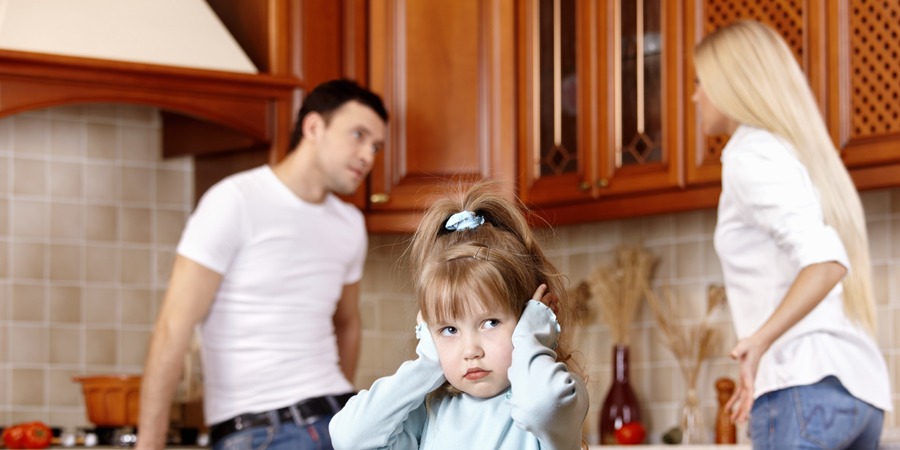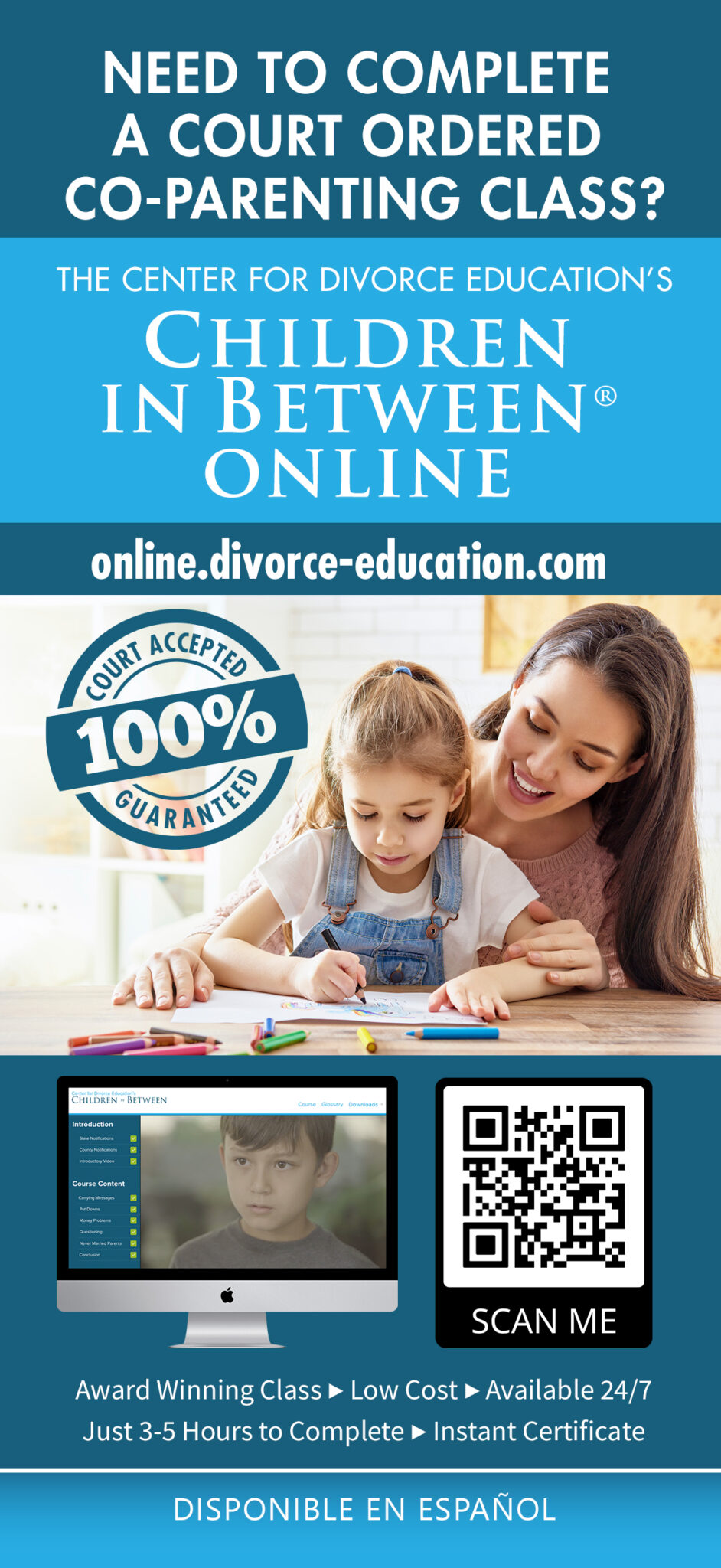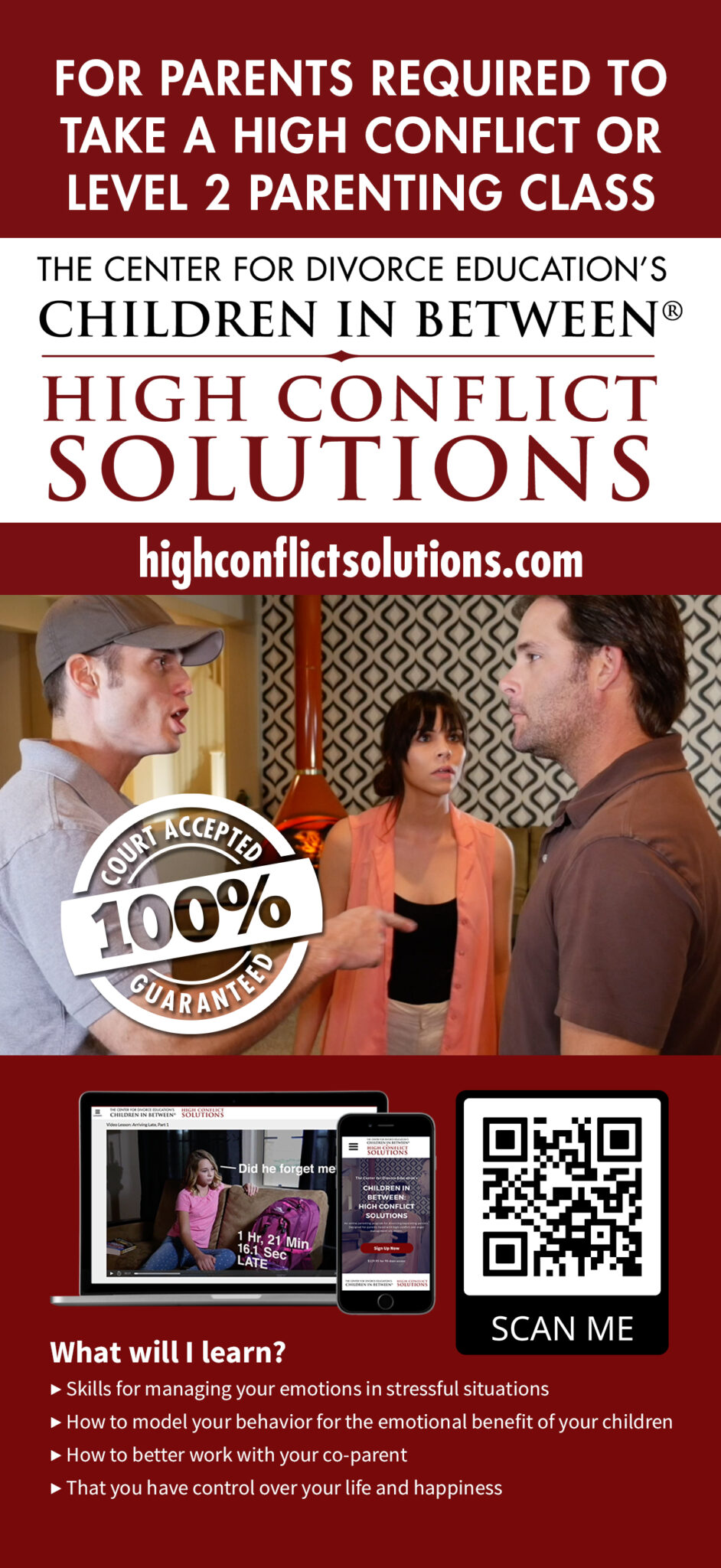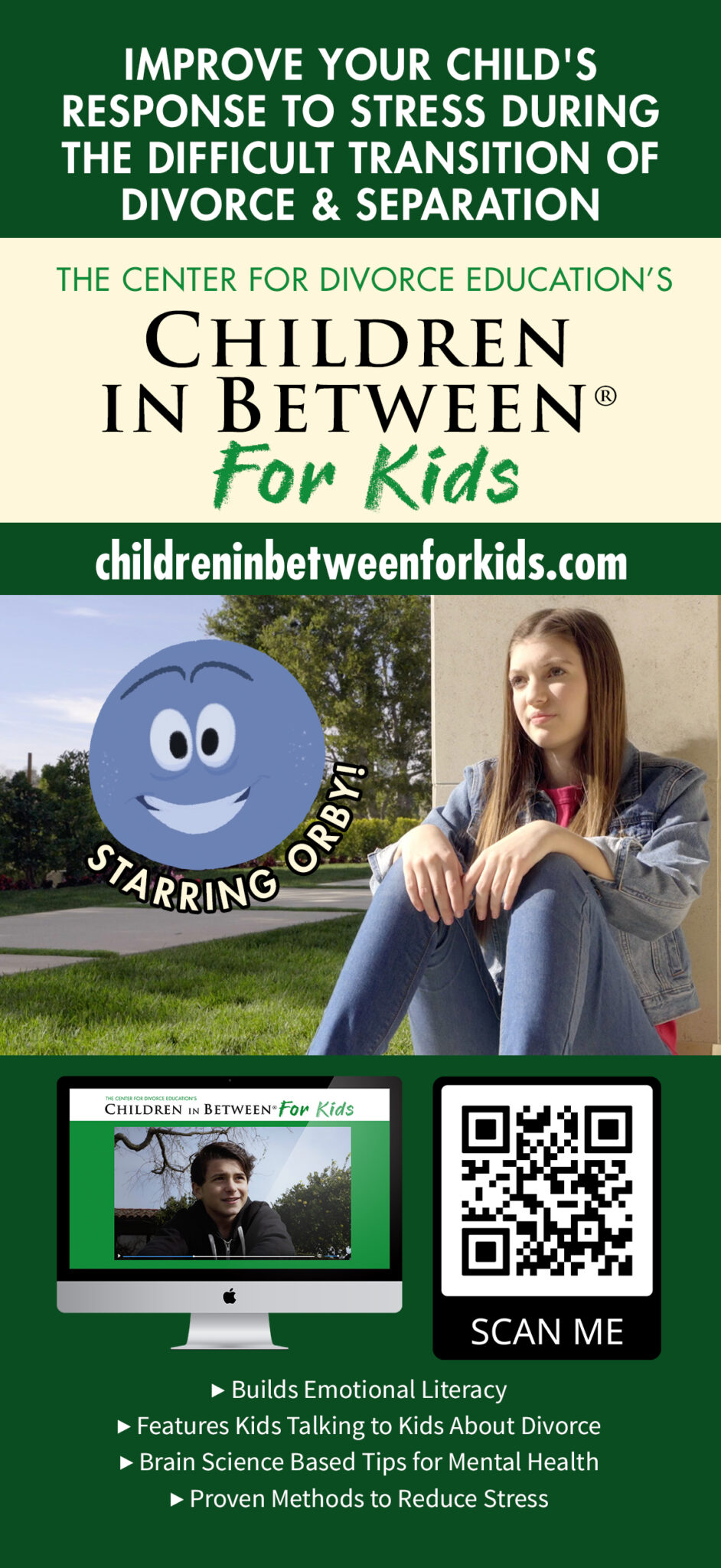Co-Parenting Conversations Podcast (Spotify Link) - (YouTube Link) - With renowned psychologist Dr. Donald Gordon, we will delve into the complex world of co-parenting during and after divorce and separation. Join us as we explore some of the emotional, legal, and practical aspects of parental break ups, helping you navigate this transformative journey with wisdom and guidance.
How to Plan and Manage Finances as Co-Parents - Navigating the financial waters of co-parenting demands a strategic approach to splitting expenses, budgeting, saving and planning for the future. Effective co-parenting involves open communication, joint decision-making and the use of tools to simplify expense management. Together, co-parents can build a financial foundation that supports their children and strengthens their partnership, ensuring financial responsibilities are shared fairly.
Financially Planning for a Divorce - Going through divorce is hard. The relationship with the person who pulled you head-over-heels in love has probably disintegrated into a maelstrom of bitterness and anger. Now that you've made the decision to go your separate ways, you might feel as though you're embarking on the road to recovery. But getting through the divorce comes first. The process is as much about your financial health as it is about your emotional state because divorce greatly affects your financial security. Divorce is a financial disruptor that requires planning and usually hiring an attorney.
Life Insurance After a Divorce - After a divorce, you might need to buy life insurance or update your existing policy. This process may include changing your beneficiary or cashing out a permanent life policy to divide the cash value with your ex-spouse.
Holiday Tips for Co-Parents - The holidays are important and usually stressful times for families that have separated or divorced or who are in the process. How do you protect your children from the stress? Children have good memories of previous holidays and will feel the loss of their family, especially during holidays. They are also vulnerable and will remember holidays for a long time, so you want to make those memories as positive as possible.
Take The ACE Quiz — And Learn What It Does And Doesn't Mean -An ACE score is a tally of different types of abuse, neglect, and other hallmarks of a rough childhood. According to the Adverse Childhood Experiences study, the rougher your childhood, the higher your score is likely to be and the higher your risk for later health problems.
Feeling Wheel - Many parents do not have much of a vocabulary for feeling words. They never learned these growing up, and thus their ability to communicate effectively is somewhat impaired. For negative feelings, increasing your awareness and acceptance of these feelings reduces their power to upset you.
Back-to-School Tips for Separated and Divorced Parents - Back-to-school can be difficult at the best of times, but it can be especially challenging for children whose parents separated or divorced over the summer. Here's advice on how to support your children as they return to school.
The Exit - Ending a relationship is never easy. THE EXIT was developed to provide guidance and expert advice to address the many challenges: emotional, legal, financial, custody, property matters, and more. Whether you’re starting, in the middle, or finishing the process, THE EXIT is a comprehensive resource aimed at making uncoupling an easier and more manageable experience.
Children and Divorce - Divorce is common in the United States, with nearly 50% of all marriages ending in divorce. In many instances, children of divorce tend to feel the effects the most, given their inability to process and cope with continued stress. They have a particularly hard time learning to live without one of their parents, which in many cases is the father. Research has shown that, historically, fathers are less likely to get custody of their children, although this trend is changing.
Divorce & Child Custody Guide - Written by divorce lawyers, this guide walks you through the divorce process and child custody process, reviews your divorce or custody rights, explains the legal jargon you are going to be hearing, and helps you understand what the judges look for.
SHOULD I TRY TO WORK IT OUT? - This guidebook is designed to be a resource to individuals who may be thinking about getting a divorce or whose spouse is thinking about divorce. These individuals are at the “crossroads of divorce,” facing a challenging decision that has powerful consequences for the future of their own lives, the lives of family members, and their communities. The guidebook contains research-based information about important questions that individuals at the crossroads of divorce often have, such as: Can my marriage be repaired and can we be happy again? Is divorce a reliable path to happiness? What are the effects of divorce on children, adults, and the communities they live in? What are the legal options for ending a marriage? With objective information and self-guided, written exercises, the authors try to answer these questions and many more in this guidebook and help individuals at the crossroads of divorce think clearly about the best path forward for themselves and their children.
THE DIVORCE REMEDY - Michele Weiner-Davis goes beyond her marriage-saving bestseller, Divorce Busting, with this empowering and encouraging guide for revitalizing marriage and building stronger, more loving bonds. In a down-to-earth style that is free of psychobabble, Weiner-Davis outlines a realistic, solution-oriented seven-step program for managing marital problems, which, when left unchecked, can drain the life out of a relationship.
Alternatives to Divorce with Bill Doherty - Divorce is a way to solve a problem that people don’t think they can solve by staying married. For some couples divorce may indeed be the best option, but for other couples there may be better ways to solve their problem.
Our Family Wizard - All of your co-parenting communication on a single platform. With OFW, your schedule, expenses, and communication are contained within one app, so you can solve shared custody challenges faster and without confusion. That means less conflict and more energy to focus on your children. Powerful tools document your parenting time, reimbursement requests, payments, exchanges, and more.
Creating a Safety-Focused Parenting Plan (A Model Template) - This guide is viewed as a “model template” created and published by the Oregon Judicial Department. The Center for Divorce Education views the material in this document to be helpful information for persons who find themselves in need of such services. This document contains forms that are specific to the State of Oregon. PLEASE CHECK WITH YOUR STATE to learn what forms or additional information is needed when creating a Safety-Focused Parenting Plan in your State. This document is intended solely as a guide.
Personal Safety-Plan Check-list - This document is provided through the National DV Hotline Website. These safety suggestions have been compiled from safety plans distributed by state domestic violence coalitions from around the country. Following these suggestions is not a guarantee of safety, but could help to improve your personal safety situation.
National Domestic Violence Hotline (Website) - This resource provides helpful information and assistance should you find yourself in a situation of abuse or violence. This site includes guidance for personal safety as well as the safety of your children.
Divorce Rate by Education Level - Interesting new data on education and divorce as well as older generations and likelihood of divorce. It appears that education may just be the underlying factor of preventing many divorces.
States Requiring Divorce Education - More than 17 states throughout the U.S. require parents going through a divorce or separation to take a parenting class. This, of course, is not including many judges in other states who may also order parents to take a course. Some states also may have parents take a course in contested cases or have parents take a “High Conflict” course as needed for specific cases.
Children and Divorce - Divorce is common in the United States, with nearly 50% of all marriages ending in divorce. In many instances, children of divorce tend to feel the effects the most, given their inability to process and cope with continued stress. They have a particularly hard time learning to live without one of their parents, which in many cases is the father. Research has shown that, historically, fathers are less likely to get custody of their children, although this trend is changing.
How Does Divorce Affect Children’s Learning? - There can be many risks of divorce, but one of the many, is the effect on children. Studies have shown that divorce can lower grade point averages, diminish school achievement, and even have an impact on education into adulthood. The age of the children can also play a role on their education and overall wellbeing.
8 Ways Divorce Can Affect Children’s Academic Pursuits - Divorce can affect many aspects of a child’s life, including academics. It can affect their emotions, aspirations, grades, and behaviors. Here is a list of things to watch out for when it comes to children and their success through school.
Benefits of Parenting Education - The benefits of parenting education can be endless, but most importantly, it can help the parents and their children that are involved. Although it may be required for many parents, many parents finish our course with wonderful tools to help them succeed with their co-parenting relationship. The five main benefits of co-parenting classes.
How do Court Ordered Parenting Classes Work? - Divorce or separation is never easy. It’s a period filled with emotional upheaval, challenging decisions, and the formidable task of redefining family dynamics. Amidst this emotional uncertainty, parents sometimes find themselves faced with another unexpected challenge: the mandate to attend a court-ordered parenting class.
Why Choose Children in Between Courses for Parents? - Children in Between Online is evidence-based, meaning that it has been proven beneficial for parents and their children. This course teaches parents the essential skills needed to manage stress, effectively communicate with their co-parent and children, and the course is conveniently online so parents can take at their own time.
Have a resource to share?
Email us at: staff@divorce-education.com



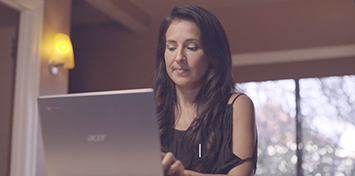
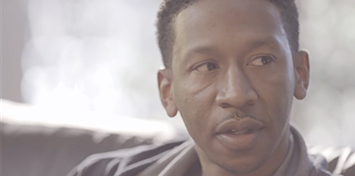

CDE's Children in Between is a skills based program that helps children and parents deal with the children's reactions to divorce. This is the most highly recommended online parenting class in the United States.
The program is based on research that identifies the most common and stressful loyalty conflicts experienced by children of divorce.
Court Mandated Divorce Courses for Parents
Online Divorce Course for Kids
Reviews
Connect With Us
*Included in SAMHSA's National Registry of Evidence-Based Programs and Practices
© 2024 The Center for Divorce Education




